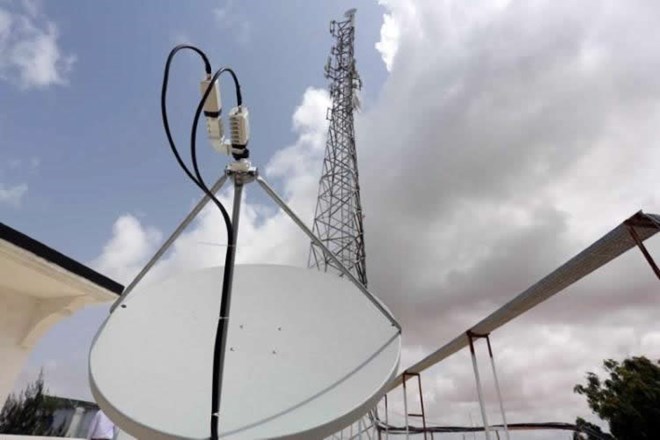Research and Markets
Saturday November 16, 2019
Somalia's telecom market has been sustained despite tremendous difficulties. The country's economy has made it difficult to sustain investment in infrastructure, and the Al Shabaab Islamic militant group has on occasion forced the closure of internet services in many areas of the country. Furthermore, there has been a lack of guidance from a central government or sector regulatory entity since 1991, when a dictatorial regime was overthrown. However, some progress may be expected following the passing of the National Communications Law in October 2017, aimed at setting a legal and regulatory framework for the telecoms sector. The Law made provision for a National Communications Agency charged with encouraging market competition and overseeing the use of ICTs in promoting economic development. A Director for the Agency was appointed in February 2018.
Through the anarchy which continues to disrupt the country, the telecoms market, dominated by the competitive mobile sector where seven networks compete for customers, has flourished. Some of these mobile services operators also offer fixed-line and internet services. Tariffs are among the lowest in Africa, and although the absence of regulation led to problems with frequency spectrum coordination and interconnection between networks these issues are to be addressed by the new telecom regulator.
There are also fibre-optic broadband links connecting Somalia across the Kenya border and linking to directly into Hormuud Telecom's network.
The forming of a new government in 2017 has given rise to hopes that the country may stabilise and become more attractive to foreign investment, which is needed to take the telecoms and broadband sector to the next level. The new government is beginning to regulate the sector and is planning to issue new spectrum licences that will allow the operation of high-speed mobile broadband technologies.
Key Developments:
National Communications Law passed to reform the telecoms sector;
Government to set up an IXP in Mogadishu;
Director-general of the new telecoms regulator appointed;
Somnet launches new LTE service after militants forced telcos to cut internet links;
Dalkom secures satellite broadband capacity from Intelsat;
SomCable completes first stage of 1,200km terrestrial backbone network;
Contracts signed to build the DARE and G2A submarine cable systems;
Orb 3 Networks signs deals with three ISPs to extend wireless internet services;
Rapid Communications reportedly awarded a mobile banking licence;
Liquid Telecom builds the countrys first fibre-optic broadband link;
SEACOM cable lands in Somalia;
Somtel contracts Alcatel-Lucent to develop LTE infrastructure;
Glocall Telecoms launches LTE;
Three mobile operators agree to interconnect their networks.
Key Topics Covered:
1 Key statistics
2 Country overview
3 Telecommunications market
3.1 Market analysis
4 Regulatory environment
4.1 Historic overview
4.2 Regulatory authority
5 Telecommunications infrastructure
5.1 Overview of the national telecom network
5.2 National infrastructure developments
5.3 International infrastructure
6 Broadband market
6.1 Market analysis
6.2 Broadband statistics
7 Mobile market
7.1 Mobile statistics
7.2 Mobile infrastructure
7.3 Mobile content and applications
Companies mentioned in this report include:
Dalkom, Golis Telecom, Hormuud Telecom, Nationlink, Netco, Somafone, Somtel, Telcom Somalia, Telesom, Thuraya.
For more information about this report visit https://www.researchandmarkets.com/r/phx4z6